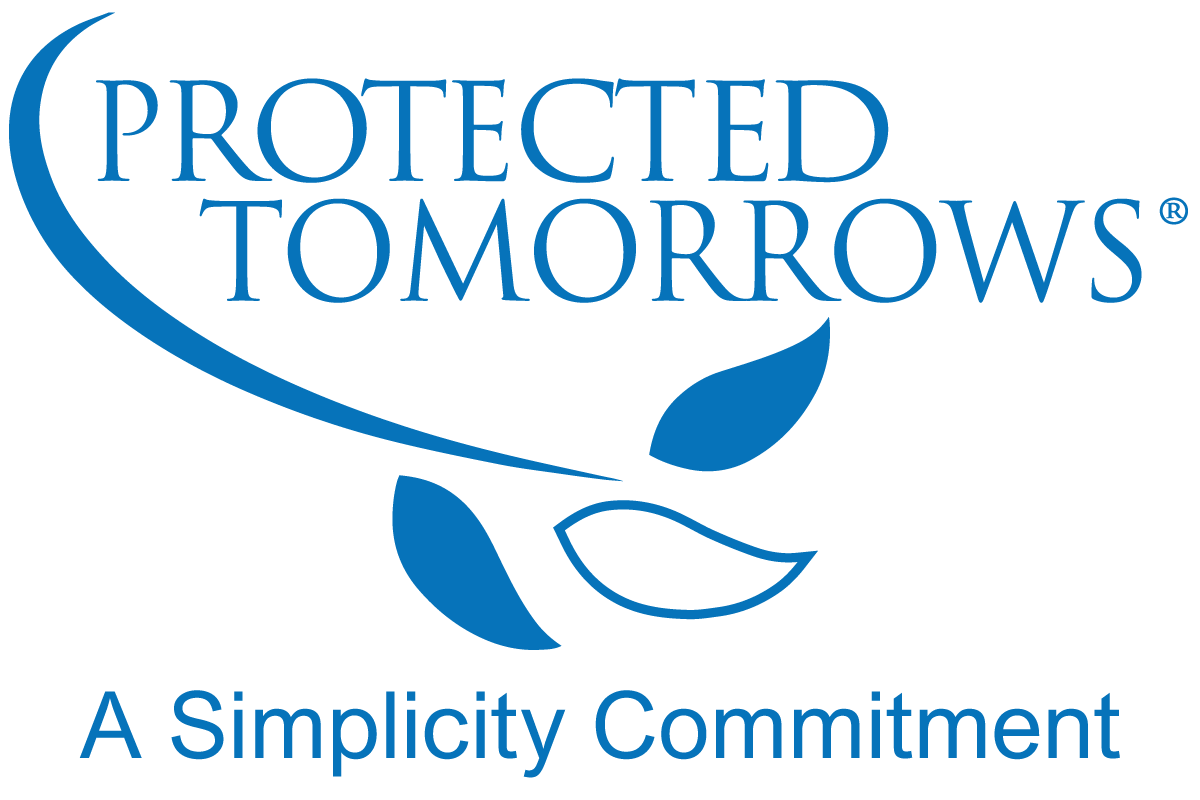Helping Students with Cognitive Disabilities Find and Keep a Job
Having a job can be exciting, fun, hard work, scary, and full of new skills to learn and master. This is as true for young people with cognitive disabilities as it is for those with other disabilities or no disabilities at all. In the past, many people with disabilities didn’t have jobs. This was especially true for people with mental retardation and those with autism. Today, fortunately, the employment prospects for such individuals are changing (President’s Committee on Employment of People with Disabilities, 1997). Young people with these disabilities are learning important skills in school and on the job. These skills are proving useful to employers, and so are the other talents that people with disabilities bring to the workplace.
How do typical young people become employed? Most look in the help wanted ads or find out about job openings from friends or relatives. They may go to an interview, give their resume to the prospective employer, and, if all goes well and they have the skills necessary, they get the job.
Youth with disabilities sometimes follow this path, but more often they need help in finding a job. The amount of help they need will depend on a number of factors, including:
- the job market at the time;
- what type of job they’re interested in,
- how much training the job requires,
- how much training they themselves have, and
- what type of disability they have.
For youth with cognitive limitations, special employment challenges exist, so they are likely to need extensive support in finding and keeping a job.
Any number of individuals can be involved in helping the young person find and keep a job. But the most important person to be involved is the young person!
 The young man or woman must be at the center of all employment considerations. He or she is the one who is going to be doing the job. Many people may give support, may supervise or provide training to the young person, and may invest their heart and soul in seeing that the young person succeeds, but the bottom line is that this is the young person’s job.
The young man or woman must be at the center of all employment considerations. He or she is the one who is going to be doing the job. Many people may give support, may supervise or provide training to the young person, and may invest their heart and soul in seeing that the young person succeeds, but the bottom line is that this is the young person’s job.
Given that, it’s important to consider what the person is interested in. What is he or she good at? What are his or her support needs? What type of a work environment does the person prefer? These questions need to be answered when others are involved in helping the youth find a job that’s satisfying or, at the very least, is a learning experience upon which to build future opportunities.
In addition to the student, who is likely to be involved in the student’s job search and eventual employment? Depending upon the age of the young person and whether he or she is still in school, some or all of the following individuals may be involved:
- the parents or guardians;
- a transition specialist at the school;
- a job development specialist or a vocational rehabilitation counselor;
- friends or people from the community who know the young person; and eventually
- the employer.
Parents (or guardians) have long been particularly effective participants in their sons and daughters’ employment. As the Technical Assistance on Transition and the Rehabilitation Act (TATRA) Project, states: “Studies demonstrate that family members play crucial roles not only in career preparation, but in actual job search efforts. The kind of support families often provide are:
- ideas about the type of work an individual likes and is able to do,
- suggestions about where to look for a job, and
- assistance with transportation.” (TATRA Project, 1996)
Transition specialists may become involved through the public school system when the student reaches the age where transition planning begins. This specialist helps the student by way of a variety of activities, such as:
- working with the student to identify preferences and goals;
- setting up opportunities for the student (or a group of students) to learn about different careers through such activities as watching movies about careers, job shadowing, visiting different job environments, and hands-on activities that allow the student(s) to try out a job or aspects of a job;
- looking at what skills the student presently has and what skills he or she will need in the adult world;
- recommending coursework that the student should take throughout the remainder of high school to prepare for adult living (recreation, employment, postsecondary education, independent living);
- identifying what job supports the student needs;
- helping the student assemble a portfolio of job experiences, resumes, work recommendations, and the like; and
- making connections with the adult service system.
Rehabilitation counselors and job development specialists can be involved in a student’s transition planning while the student is still in school. The rehabilitation counselor typically works for the state’s vocational rehabilitation (VR) agency, helping people with disabilities prepare for and find employment. For students who are eligible for VR, a wide variety of services are available, including: evaluation of the person’s interests, capabilities, and limitations; job training; transportation; aids and devices; job placement; and job follow-up.
A job development specialist usually works for a school system or an adult service provider agency such as the vocational rehabilitation agency. As the job title suggests, the chief activity of such a specialist is finding jobs for people with disabilities. Supported employment makes great use of job development specialists. The job development specialist will usually approach an employer to see what positions may be available that match the prospective employee’s abilities and preferences. The job developer may offer the employer specific services, including:
- placing the person on the job;
- training the employee on job tasks and appropriate workplace behavior (this is usually done by a job coach, who works intensively with the individual);
- talking with supervisor(s) and coworkers about disability awareness;
- providing long-term support to the employee on the job; and
- helping to promote interaction between the employee and his or her co-workers (PACER Center, 1998).
The key participant in the employment quest of the person with a disability is, of course, the employer. In the past, many businesses and organizations have been reluctant to hire people with disabilities, but in today’s marketplace, a great many employers are now discovering the benefits of doing so.
Related Resources

Special Needs Planning Series – Part 6: Begin the Transition™
read article

Special Needs Planning Series – Part 1: Taking the First Step
read article
 search
search 





